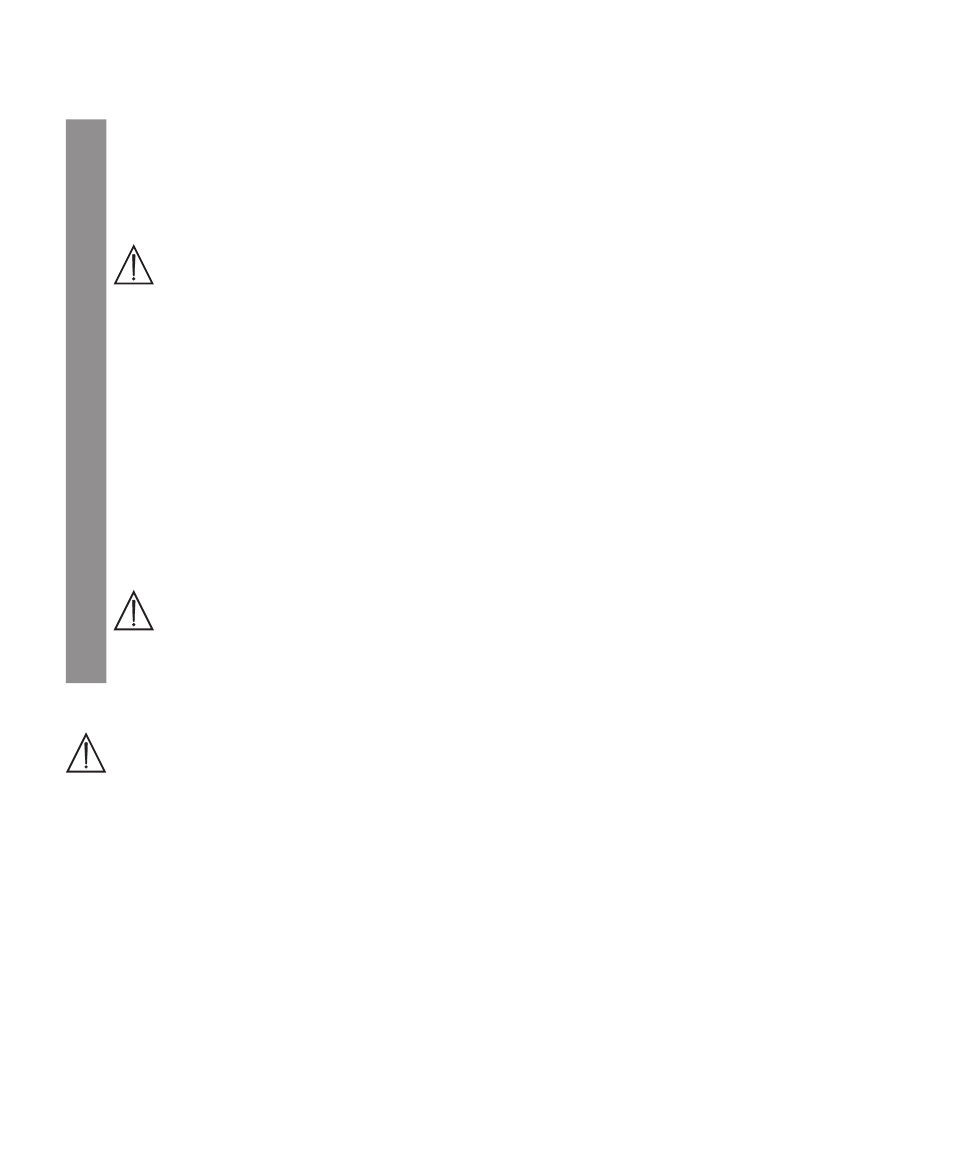Beurer GL 40 (mg/dL) User Manual
Page 15

Beurer GL40 mg/dL
15
5.1 Acquiring blood samples
Preparing to take the blood sample
1
Choose a site on the body from where you wish to take the blood sample. You can use the
lancing device to take a blood sample from the fingertip or alternative sites such as the palm
of the hand, forearm or upper arm. We recommend that you take the blood sample from the
fingertip. To make the blood sample as pain-free as possible, do not take the blood directly
from the centre of the fingertip, but instead from slightly to the side of the centre.
Warning
• If you suspect hypoglycaemia: be sure to draw blood from the fingertip. This is because
changes in the blood glucose level can be measured quickly in blood samples from the fin-
gertip.
• Measuring from a fingertip and another part of the body (AST) can lead to significantly differ-
ent measured values. Always consult your doctor before starting to test at alternative sites.
2
Have the following components ready: Measuring device, container of test strips, lancing de-
vice, and a sterile needle lancet. If obtaining a blood sample from a site other than the fingertip,
you will also need the AST cap.
3
Before taking the sample, wash your hands using soap and warm water. In addition to optimal
hygienic conditions, this is also ensures good circulation of blood through the fingertips. Dry
your hands carefully. Also ensure that your lancing site is hygienically clean if taking a blood
sample from an alternative site (AST).
Warning
If you wipe the lancing site with alcohol, ensure that the site has dried completely before be-
ginning the measurement.
Taking a blood sample
Warning
• Change the prick point for each test, e.g. another finger or the other hand. Repeated pricks at the
same point can lead to inflammation, numbness or scars.
• Do not use the AST cap to take a blood sample from the finger.
• Never squeeze the finger to obtain a larger droplet of blood. Squeezing causes interstitial fluid to
dilute the blood; this can lead to a false measurement result.
• Note that inadequate circulation at the puncture site, for example caused by cold or illness, can lead
to inaccurate measurements.